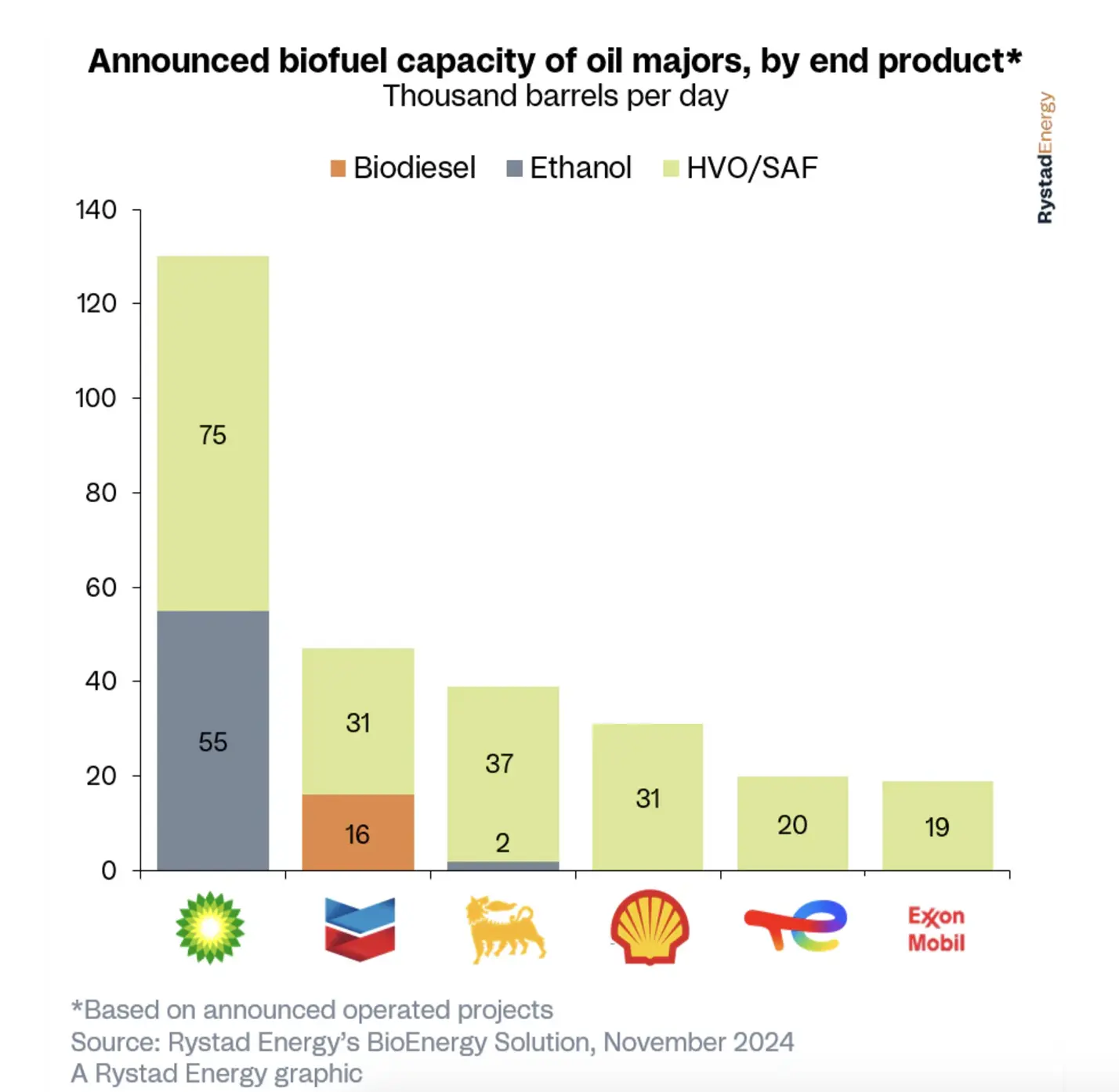
Australian biotech MicroBioGen announces publication of peer-review article on reducing the carbon intensity of food and fuel production whilst lowering impacts of biofuels on land use.
Australian industrial biotechnology and yeast innovation technology solutions leader MicroBioGen has announced the publication of its peer-review article, ‘Reducing Carbon Intensity of Food and Fuel Production Whilst Lowering Land-Use Impacts of Biofuels’ in Fermentation, an international, scientific, peer-review journal on fermentation process and technology by leading open-access publisher MDPI.
Co-authored by MicroBioGen Principal Scientist and co-founder Dr Paul Attfield, Head of Research and co-founder Dr Philip Bell, and research scientist Anna Grobler, it is part of MDPI’s Special Issue, Biomass Conversion, CO2 Valorisation and Power-to-X: Fermentation Chemicals and Fuels. The paper can be viewed via MDPI’s site, https://www.mdpi.com/2373276.
In the paper, MicroBioGen outlines a viable solution to how we can tackle environmental and energy issues to sustain a growing global population, with predictions that populations will reach nine billion people by 2050 and more than 11 billion by 2100.
The publication highlights a low carbon approach to the production of food and fuel. It comes as the three major global challenges continue to accelerate: the increasing demand for food, specifically protein, as the population grows; the impact of environmental challenges due to climate change, deforestation and intensifying farming practices; and our continued heavy reliance on unsustainable, high-carbon-emission fossil fuel.
It raises important questions on how we will feed the global population and produce the protein we need; how we can produce more food if suitable farmland is declining; and how we can wean the use of oil by diversifying our energy systems and transitioning to more renewable sources of fuel.
In its approach to food and fuel production, MicroBioGen’s proposed solution is to use non-food plant biomass to grow MicroBioGen’s novel non-GMO yeast strains, which sees new or enhanced characteristics added to food-grade yeast. This would reduce the dependence on oil via the transition to biofuels; minimise the amount of land required to produce proteins through the adoption of protein-rich yeast suitable to feed animals and humans; and sequester solid carbon-rich materials for use as coal replacements to achieve carbon neutrality.
Dr Paul Attfield, MicroBioGen Principal Scientist and co-founder, says:
We are pleased to have our research shared more widely on how food and fuel can be produced more sustainably, efficiently and economically amid global population growth and climate change concerns.
“Yeast is the world’s most used industrial organism underpinning industries worth over US$2 trillion including biofuel, baking, brewing, wine, and animal feed. At MicroBioGen, we’ve seen the huge potential elite yeast strains have on global industries and its ability to create a more sustainable future and approach to food and fuels. Our work shows how biotechnology could turn poor quality land into food bowls to power the future.”
“Through our research, we aim to engage and work with large-scale refineries to convert abundant renewable biomass sugars into biofuels while leveraging this process for the production of protein-rich food and output of lower greenhouse gas emissions.”
MicroBioGen’s proof of concept and pilot-testing of its non-GMO yeast for food and fuel biorefineries has been established for several years. It has successfully developed and showcased how its yeast can ferment across a variety of biomass types and scale to replace oil. It has also demonstrated how it can co-produce high-protein yeast, which is also more economical than traditional biorefinery models, and how its food and fuel model significantly reduces greenhouse gases compared with traditional animal feed production.
MicroBioGen develops elite yeast strains through world-leading breeding and genetics to enhance or add new characteristics to make yeast more efficient, productive, and resilient.
It has the ability to transform economics and sustainability in diverse industries, from fuel and animal feed to baking and pharmaceuticals, with a 22-year track-record in R&D and innovation. Its technology and applications address critical needs in food, fuel, and waste removal, with its biotechnology creating significant opportunities to decarbonise food production and to address potential future food shortages.
About MicroBioGen
MicroBioGen is an Australian based biotechnology company with global success in improving the industrial capabilities of Saccharomyces cerevisiae. This yeast is the world’s most widely used microorganism, underpinning around US$2 trillion in products, from biofuels and pharmaceuticals to mycoproteins for food and feed.
With a proprietary platform technology and library of elite yeast genetics, developed over 20 years, MicroBioGen delivers ‘yeast innovation as a service’ to industry leaders globally.
Demonstrated through MicroBioGen’s biofuels partnership with Novozymes and co-developing the Innova yeast series which delivers unparalleled industrial performance, MicroBioGen is the collaborator of choice for yeast biotechnology, with opportunities in existing and emerging industries, ranging from optimizing yeast for baking, sustainable feed and energy to food applications. For more information, visit www.MicroBioGen.com.
READ the latest news shaping the biofuels market at Biofuels Central
Australian biotech MicroBioGen announces publication of peer-review article on reducing the carbon intensity of food and fuel production whilst lowering impacts of biofuels on land use, SYDNEY, August 8, 2023








